

NEW
Gandhak Ki Baoli Delhi
One of the biggest stepwells in Delhi, Gandhak Ki Baoli has been a witness to most of the historic changes since the 13th century. More than 800 years old, the Bauli, until a few years ago, was one of the few surviving and functioning Baoli in India. Located near the Mehrauli Archaeological Park, Gandhak Ki Baoli is part of the extensive network of Baolis in Delhi. One of the deepest stepwells in the city, Gandhak Ki Baoli is a reminisce of history, standing on the verge of fading into oblivion. A relatively hidden monument in the quaint unnamed streets of Mehrauli, Gandhar Ki Baoli is one monument you wouldn’t want to miss. The word Gandhar translates to Sulphur and it is named so because of the Sulphur like smell that inhibits the Baoli. Once a glorious 5 storeyed Baoli is Mehrauli, today this monument seeks redemption, a second life, except it hasn’t sinned.
History of the Attraction
The monument is believed to be made by Iltutmish, founder of Slave Dynasty, around the period of 1211 - 1236 AD. He had commissioned the construction of the water reservoir in the year 1230 to ensure a supply of water throughout the year. The stepwell was constructed in the Mehrauli city, 100 meters away from Adham Khan’s tomb and beside the Jahaz Mahal. A brimstone monument, the Baoli served its purpose for a major part of next few centuries. Today, the Baoli lies abandoned, sometimes used by the locals as the swimming pool when the water level rises in the Baoli. Although the monument is protected and maintained by Archaeological Survey of India, there hasn’t been much of an effort to preserve and renovate the Gandhak ki Baoli.
Getting there
The nearest metro station is Qutub Minar on Yellow Line of Delhi Metro. From there you can take an auto to reach Gandhak Ki Baoli.
Things to Do in & around
The Gandhak ki Baoli is located near the Archeological site of Mehrauli Archeological Park. You can explore the ruins in the Mehrauli Archeological complex. You can also visit the Qutub complex, a UNESCO World Heritage site, housing the famous Qutub Minar.
Opening and Closing Timing
The Baoli is opened throughout the day, all days of the week.
Entry Fees
There is no entry fee.
Best Time to Visit
Winters in Delhi is the best time to explore the city with climate being favourable for a sightseeing tour.
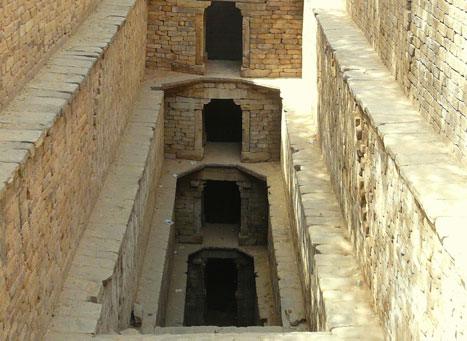







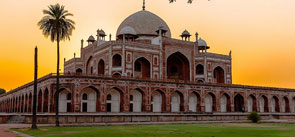
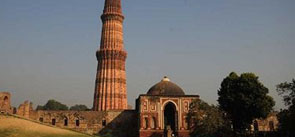
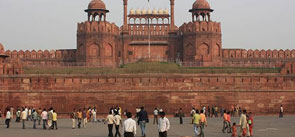
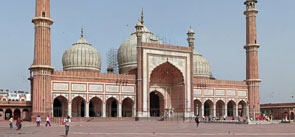


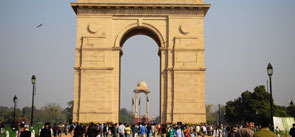
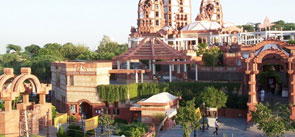
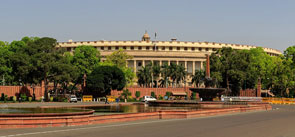

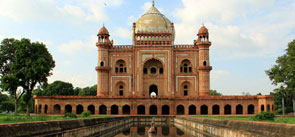
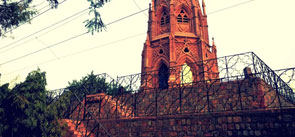
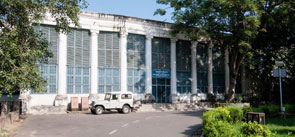
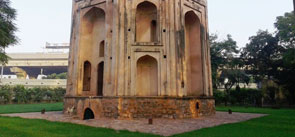
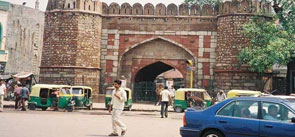
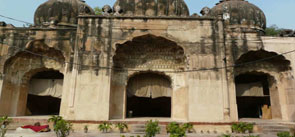
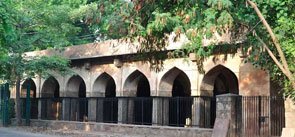
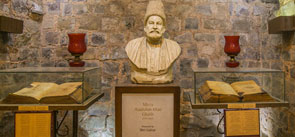
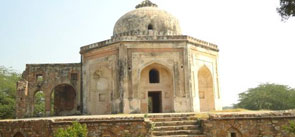
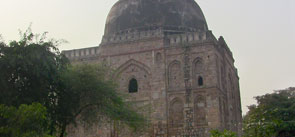
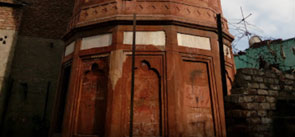
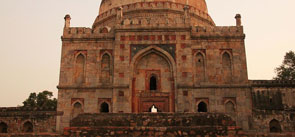
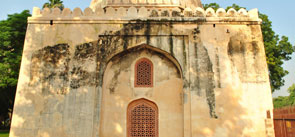
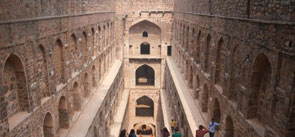

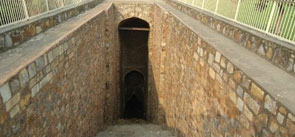
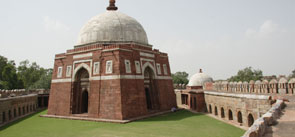
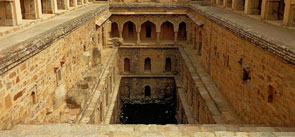
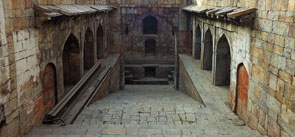
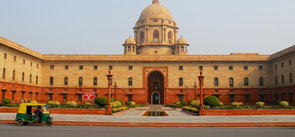
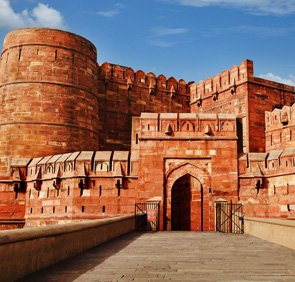
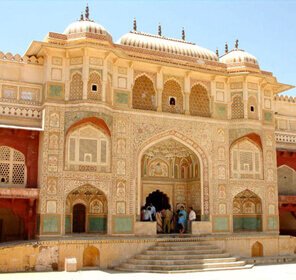
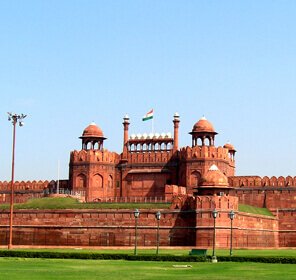
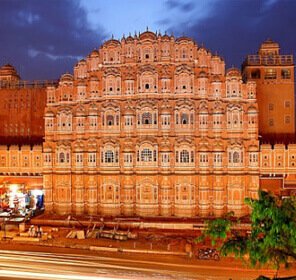

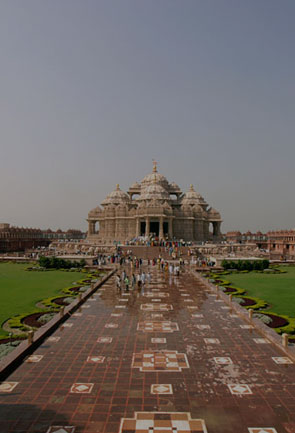
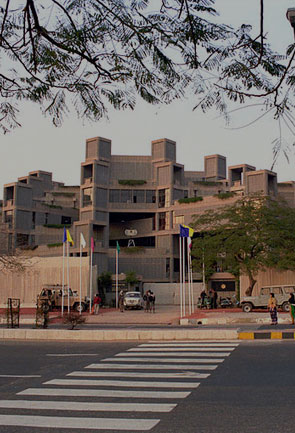
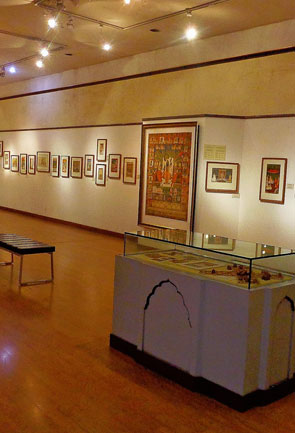
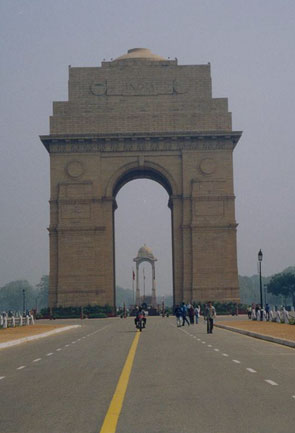
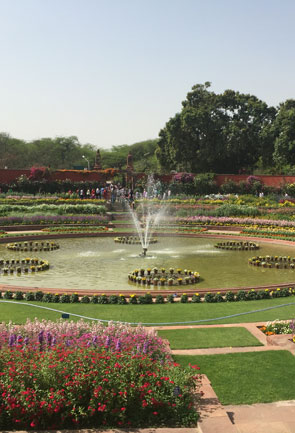




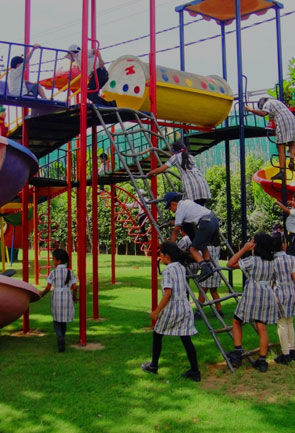





 Plan Trip
Plan Trip Call Us
Call Us Packages
Packages Home
Home